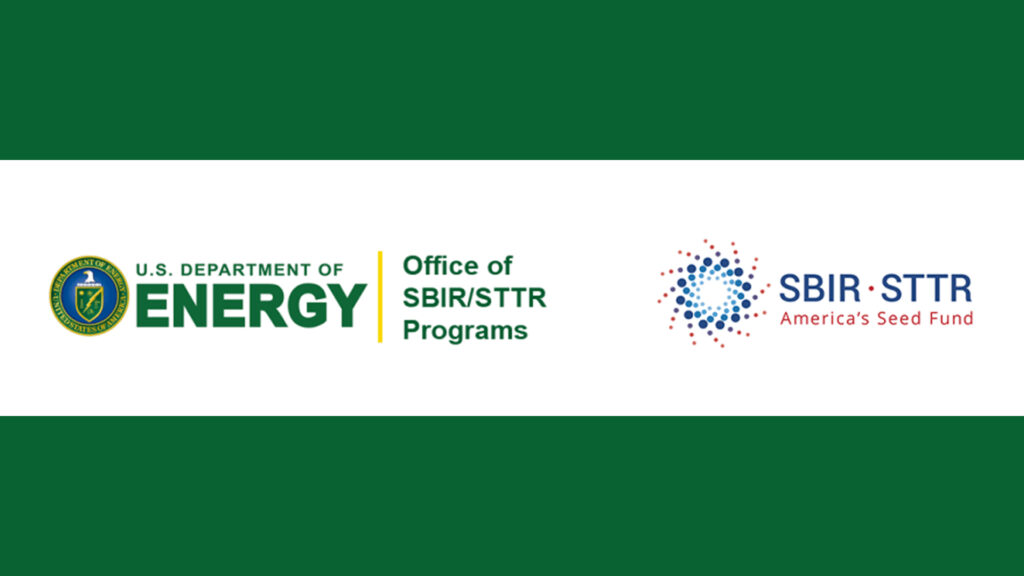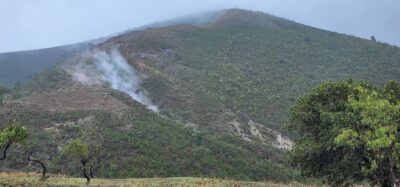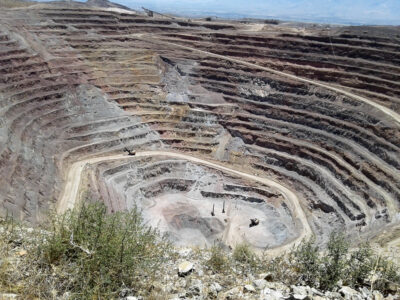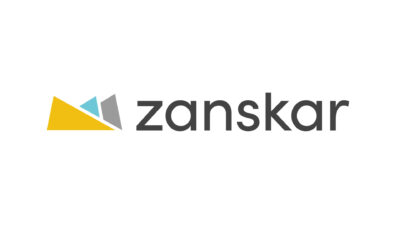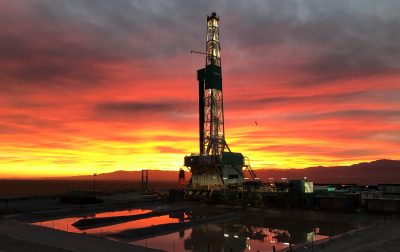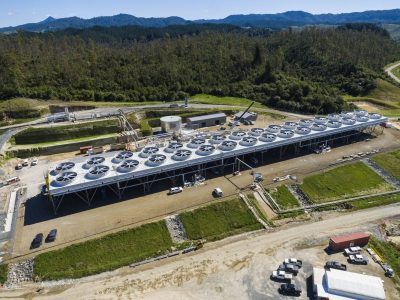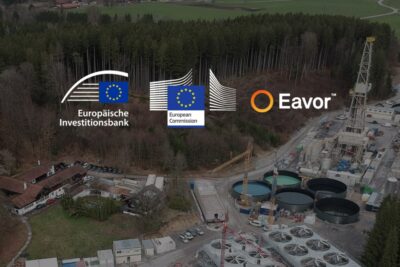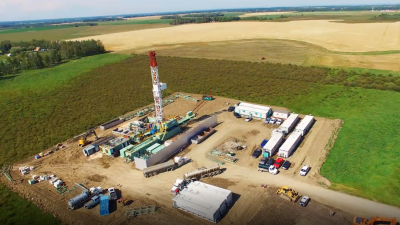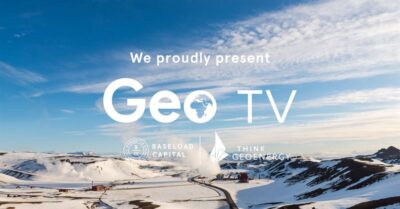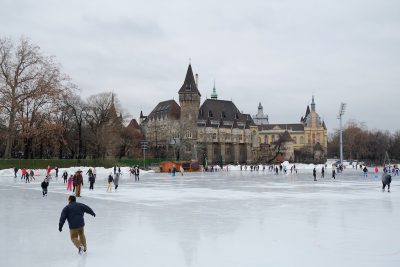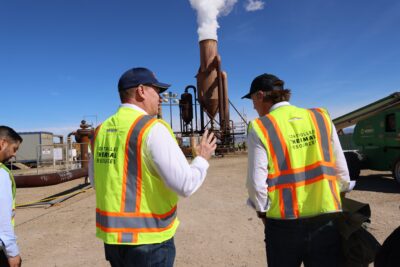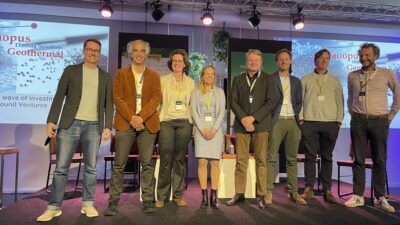US DOE offers small business funding for geothermal research
The US Department of Energy has a small business Funding Opportunity Announcement for research to improve on data collection for geothermal exploration.
Research on advanced geothermal exploration techniques has been included in the list of topics eligible for funding under Phase 1 of the U.S. Department of Energy’s Small Business Innovation Research (SBIR) and Small Business Technology Transfer (STTR) Programs.
Letters of Intent (LOI) for those who wish to apply for the funding are due on the 2nd of February 2024 and full applications are due by 12 March 2024. More information on the funding opportunity and related documents are available on the official SBIR/STTR page. Geothermal is listed under Phase 1 Release 2 (C58-15) of the Funding Opportunity Announcement.
A Phase I application should focus on proof of concept and/or bench scale testing that are scalable to a subsequent Phase II prototype development/deployment. Applications must be responsive to the subtopic below. Any application outside of this area will not be considered. A maximum Phase 1 award amount of USD 200,000 is considered under the program.
Grant applications are sought in the topic of Advanced Data Collection for Geothermal Exploration. The Geothermal Technologies Office (GTO) seeks applications for projects that will accelerate collection of requisite high-value datasets that justify investments in exploratory drilling, one of the higher risk phases of geothermal development.
The primary research objective is to demonstrate significant improvements in survey cost, efficiency, speed, and/or scale compared to current practice for several commonly used methods to indicate potential high-temperature geothermal reservoirs. Secondarily, projects will supply needed data to validate ongoing resource assessment efforts and support development of a geothermal resource playbook.
The following processes are of particular interest:
- remotely characterizing permeability using passive seismic emission tomography (PSET);
- identifying anomalous heat flow via shallow temperature measurements;
- mapping structures via combined potential fields and electromagnetic surveys;
- mapping hydrothermal mineral occurrences via spectral signature;
- chemical/isotope sampling.
It is anticipated that multiple pathways exist toward substantially accelerating the collection of field data as described above. Examples include but are not limited to:
- improvements in instrument sensitivity, resolution, size, unit cost, endurance, depth of interrogation, etc.;
- deployment of mobile sensor platforms (surface, air, or space-based);
- autonomous surveys conducted beyond the operator’s visual line of sight (BVLOS);
- robotic deployment and retrieval of sensor nodes, shallow emplacement of sensors, and wireless communicating sensor nodes;
- reduction of environmental impacts to simplify or obviate permitting requirements.
Applications must be responsive to the subtopic of improving the collection of high-value datasets for the purposes of geothermal exploratory drilling. Applications focusing on collection of data via traditional technologies or gathering of data that is not of interest under this subtopic will be deemed non-responsive.
For questions, please contact Michael Weathers or William Vandermeer.
Source: U.S. Department of Energy
